Karma, Wholeness and the Quest for a World at Peace
featured image | by Sonika Agarwal
When I was growing up in mid-century America, most people didn’t know the word karma. If we were familiar with it through its Hindu roots, we thought of it as “what goes around, comes around,” which isn’t a bad summary. Nowadays, everyone talks about karma; it’s even in a Taylor Swift song title.
John Lennon sang, “Instant karma’s gonna get you,” but one of the fascinating things about karma is that you never really know when it’s gonna get you. Hindus believe it carries over from lifetime to lifetime, requiring us to practice goodness to overcome the sins of our past and present. And while there are certainly deliberate sins, there are also many we commit without realizing it, due to our ignorance of the consequences. This is what we are seeing with the current global environmental crisis.
Fires, floods, droughts, earthquakes, heat domes, tornadoes—Mother Nature is speaking loudly. While we might attribute the increase in extreme weather to climate change and debate the extent of human responsibility, it’s possible to see this as a karmic response to the actions of millions over centuries, as we moved into an age of constant progress. This shift distanced us from a traditional, close relationship with the natural world. Indigenous peoples tell us that their millennia of harmony with nature were based on sacred reciprocity, supported by ceremonies that Christian conquerors dismissed as heathen. As these peoples were systematically oppressed or assimilated, the conquering powers built homes, roads, factories, shopping malls, hospitals, and jet planes. We, who benefited from these advances, didn’t realize we were disrupting the balance of nature. And when we started to wake up to this pattern, we were too set in our ways to make the necessary changes at scale. Are we now facing the karmic consequences of treating nature as a resource to exploit without regard to reciprocity and harmony, let alone the destruction we’ve caused?
Another example of karma’s reach was highlighted in a guest essay by Sally Hayden, published in the New York Times on August 16, 2023, titled “Welcome to Europe, Where Mass Death Has Become Normal.” In her heart-wrenching piece about the dangers African refugees face while trying to reach Europe, Hayden notes, “They seek opportunity and any version of a stable life. They almost exclusively come from former European or British colonies.” This connection, while perhaps obvious, hadn’t struck me before. The expansion of European trade and subsequent colonization was a brutal process, often justified by the guise of “saving” pagan populations and introducing them to the so-called benefits of the modern world, whether welcomed or not. In many colonies, traditional ways of life gave way to industrialization, leading to a loss of the ancient ways that had sustained humanity since the beginning of time.
I live in a town in the high desert of central Mexico, one of the most water-stressed regions on Earth. Just outside town, the Tikkun Eco-Center is reviving traditional water conservation methods so effectively that they managed to feed local villagers during the Covid-19 pandemic. Ten years ago, nearby villages received electricity, but the electrified wells couldn’t reach deep enough as the water table dropped due to industrial agriculture. Meanwhile, ancient water catchment systems were left to silt up. Restoring these traditional systems has allowed villagers to farm year-round and resist selling their land to developers or migrating to cities or straining the borders of wealthier countries. This showcases the potential for resilience in the face of climate challenges, but few indigenous farmers have the resources to implement such solutions.
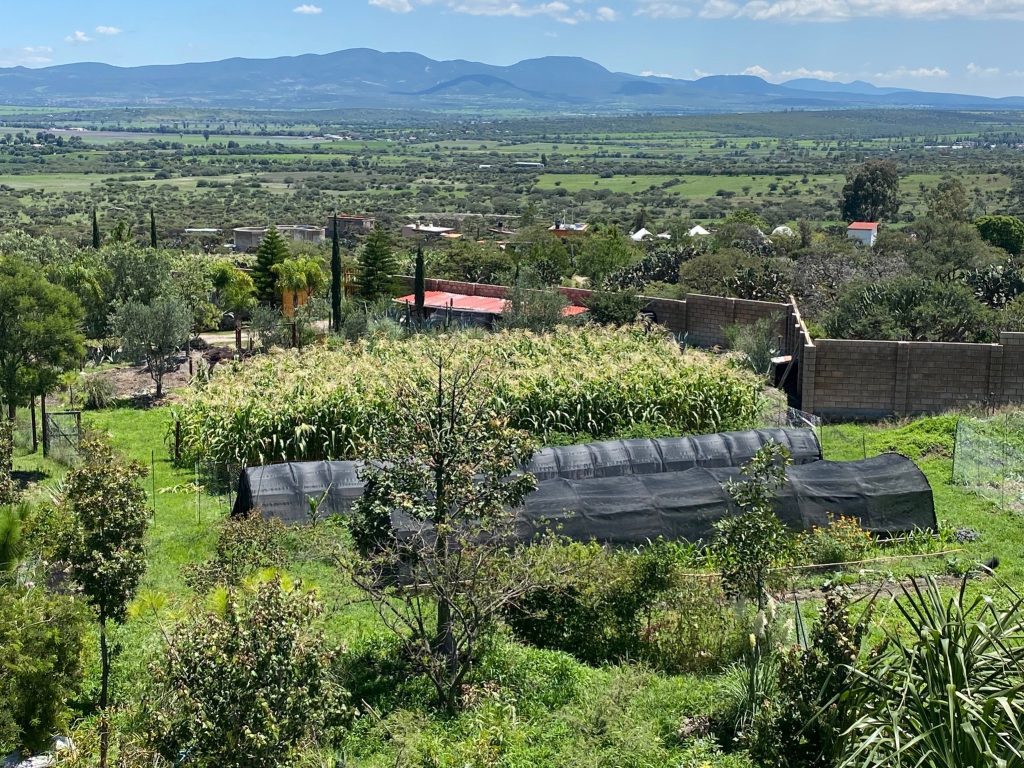
So, could the mass migrations from Africa and the Middle East to Europe and from Central and South America to the United States be seen as a karmic response to centuries of artificial division between the predominantly Caucasian North and the multi-racial South? While Europeans and Americans often express compassion for those fleeing starvation, climate change, or political turmoil, they are understandably concerned about the potential erosion of their cultural identities. Yet, these rich cultures were built on the exploitation of colonial conquests. Do we who enjoy economic privilege owe a karmic debt to those on whose backs those riches were gained—the indigenous peoples, those enslaved, the casualties of senseless wars, the citizens of impoverished countries? What will we, the comfortable ones, be asked to give up in return? Can it ever be enough?
Perhaps the key first step toward healing is to recognize the debt we owe, not just to others—past, present, and future—but to the Earth herself. Karma serves to rebalance, and we are now painfully aware of how out of balance our civilization has become.
Can we wake up fast enough to transform our karma?
It might seem like an impossible dream in our current landscape of extreme political divisiveness, corporate greed, and shocking corruption. Humanity cannot seem to get past wreaking the terrors of war and violence on one another, despite knowing that such actions solve nothing and cause immense suffering on both sides. Those of us who live in comfort can feel overwhelmed by the vastness of income inequality and the impacts of climate change, and sometimes we can only look away in despair.
And yet, amidst the global tragedies we witness (and those we don’t), something new is emerging: a transformation of consciousness that could be our path to redemption. This emergent consciousness, which arguably was birthed when we first saw color photos of Earth from the moon in 1967, is rooted in in a compelling sense of the wholeness of our planetary home. As communications and travel technologies connect us globally, the environmental movement and awareness of a warming world have helped us understand the interconnectedness of all Life.


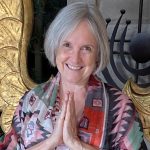

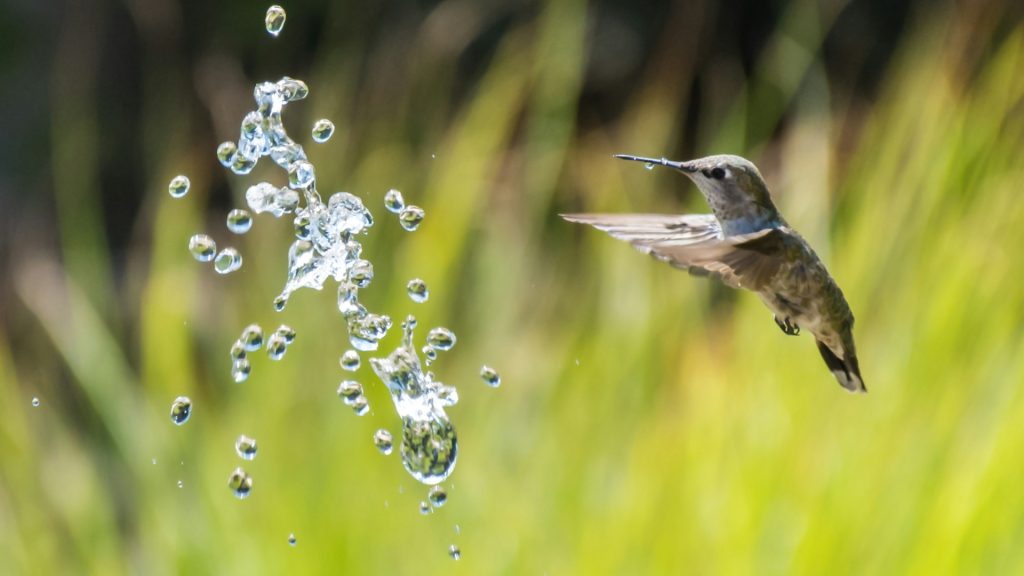
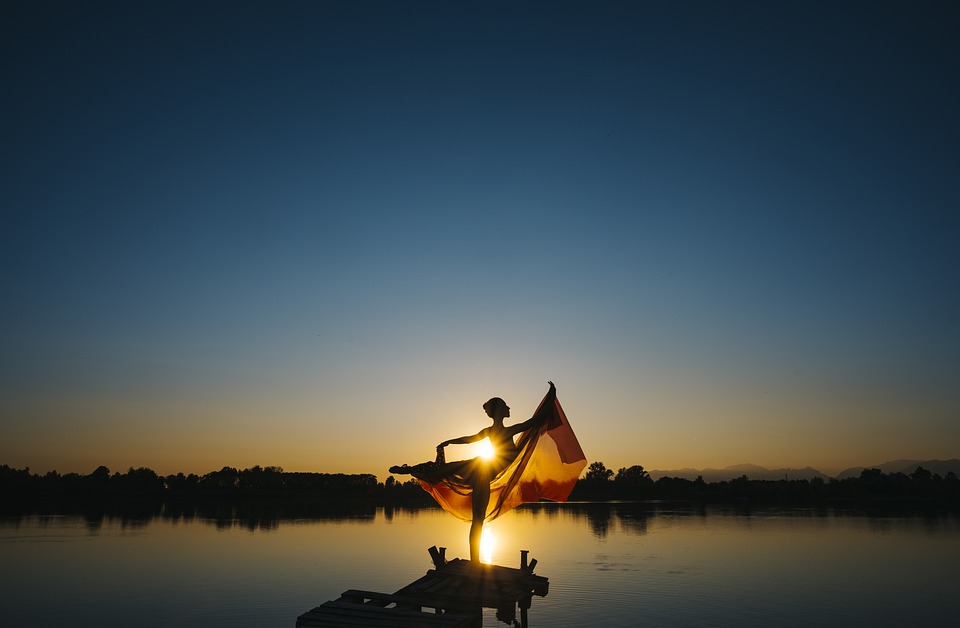
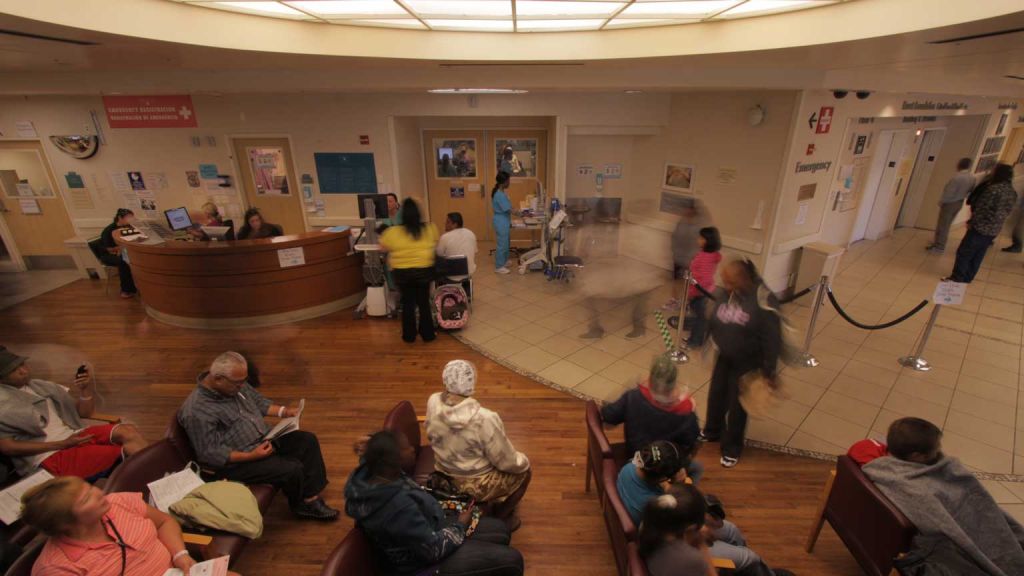
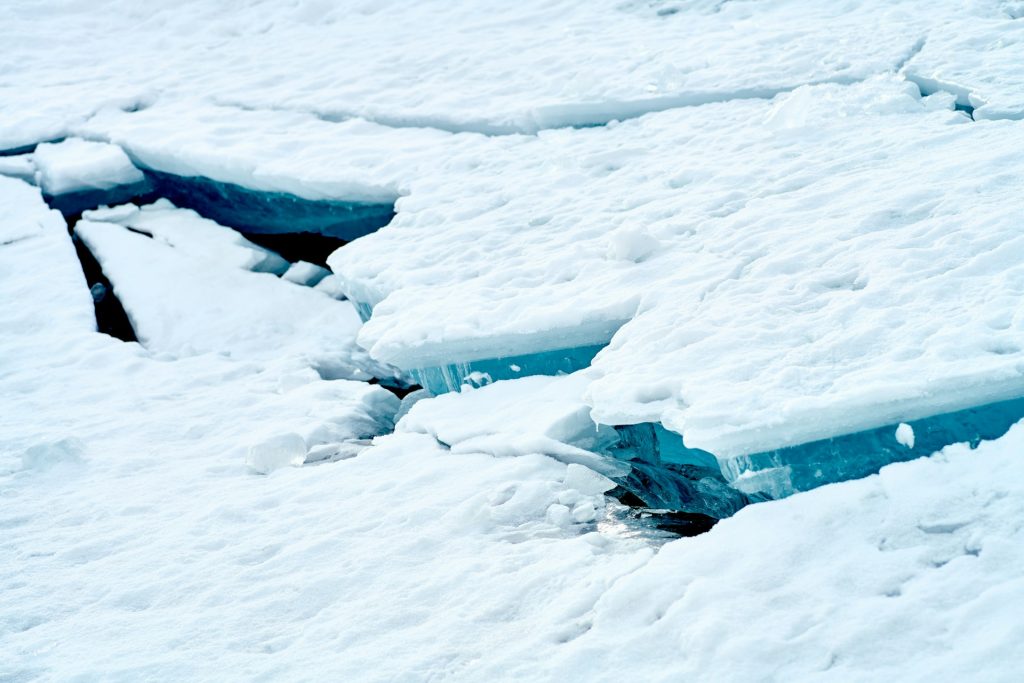
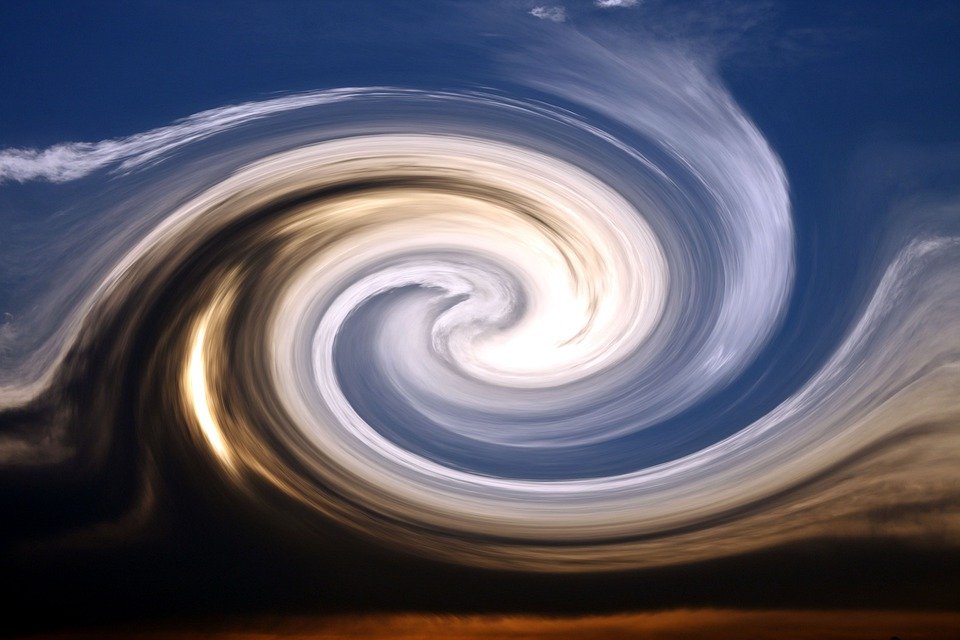
Thank you for this erudite reflection on where we are as a species. In this noisy, chaotic world, it helps to return to the anchor points, outside of ourselves. Thanks for leading us there.